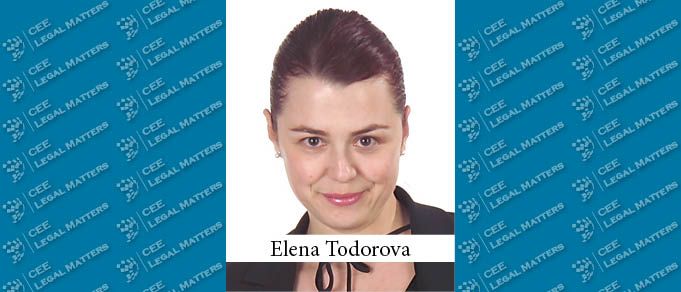Bulgarian legislation on the legal cultivation of cannabis could make for interesting reading. Some readers might feel that the regulations and definitions are “the most hilarious things ever.” This ar-ticle aims to show why.
Cannabis (hemp) is an annual flowering herb belonging to a genus of plants that in some cases can be used to obtain marijuana. Cannabinoids are the chemical substances in the herb that influ-ence humans. One of these cannabinoids – tetrahydrocannabinol (THC) – is the psychoactive sub-stance of cannabis. Another – cannabidiol (CBD) – is not subject to regulation and monitoring un-der Bulgarian law. THC may range from 0.2 to 21%, depending on the variety of hemp. All plant varieties in which the THC content is less than 0.2% are qualified as industrial cannabis (and un-suitable for marijuana production). Industrial cannabis is used in the textile, food, and feed indus-tries, among others.
The “Dualistic” Approach
The applicable legislation reveals that Bulgarian lawmakers still do not know whether growing in-dustrial cannabis is a good thing or a bad thing – or a crime. All this handwringing is embodied in the requirements of a single legal act – the Bulgarian Narcotic Substances and Precursors Control Act (the NSPCA).
On the one hand, the NSPCA allows the cultivation of industrial hemp with THC content of less than 0.2%, but on the other hand it implements the Convention on Psychotropic Substances (CPS) and the UN Single Convention on Narcotic Drugs (1961).
It’s Legal
According to the NSPCA and applicable secondary legislation, natural or legal persons who are registered as farmers and have not been convicted of crimes related to the production, handling, and marketing of drugs and that are against the customs regime have the right to grow industrial cannabis.
To receive a permit for the cultivation of industrial hemp, farmers must submit a sample form ap-plication to the Minister of Agriculture, Food and Forestry (MAFF) together with a clear court record and a declaration that the farmer will not separate, use, or process parts of the hemp plant. If the applicant is a legal person, all members of the management bodies must provide clear court rec-ords and declarations.
Applications are considered by a committee, which must decide within three months of the submis-sion whether to issue a permit (in the form of a licence) or to waive the application. The licence is valid for three years. The MAFF does not charge a fee for this procedure.
… But It’s Also a Crime.
However, THC and its isomers, delta 6a (10a), delta 6a (7), delta 7, delta 8, delta 10, delta 9 (11) (and their stereochemical variants) are classified and listed as narcotic substances on the List of Plants and Substances Presenting a High Risk to Public Health Due to the Harmful Effects of the Abuse Thereof (the “List”) under the NSPCA. As the definition of a “narcotic substance” includes all substances on the List, products containing THC are classified as “preparations.” Under Bulgarian law, preparations are subject to the same control measures as narcotic substances, and police and customs authorities are thus obliged to seize any preparations containing THC which are pro-duced, processed, acquired, stored, used, imported, or designated for export and re-export or re-leased on the local market.
The lack of a legally-permissible minimum amount of THC puts all products placed on the Bulgari-an market containing cannabinoids at risk – even products containing CBD, since it is practically impossible to exclude traces of THC in these products.
In addition, according to the law in Bulgaria, the processing of the stem and seeds of industrial cannabis is legal, as they can be used for fiber, for feed, and as seed for sowing. However, the leaves and flowers of industrial cannabis are still considered a source of marijuana, leading to a legal misconception. Although CBD cannot be produced in Bulgaria, CBD and products containing CBD can be imported into the country and freely sold. This gives rise to numerous complications for farmers and processors, and requires reconsideration of the existing legislative framework.
By Elena Todorova, Co-Head of Real Estate, Schoenherr Sofia
This Article was originally published in Issue 6.5 of the CEE Legal Matters Magazine. If you would like to receive a hard copy of the magazine, you can subscribe here.




